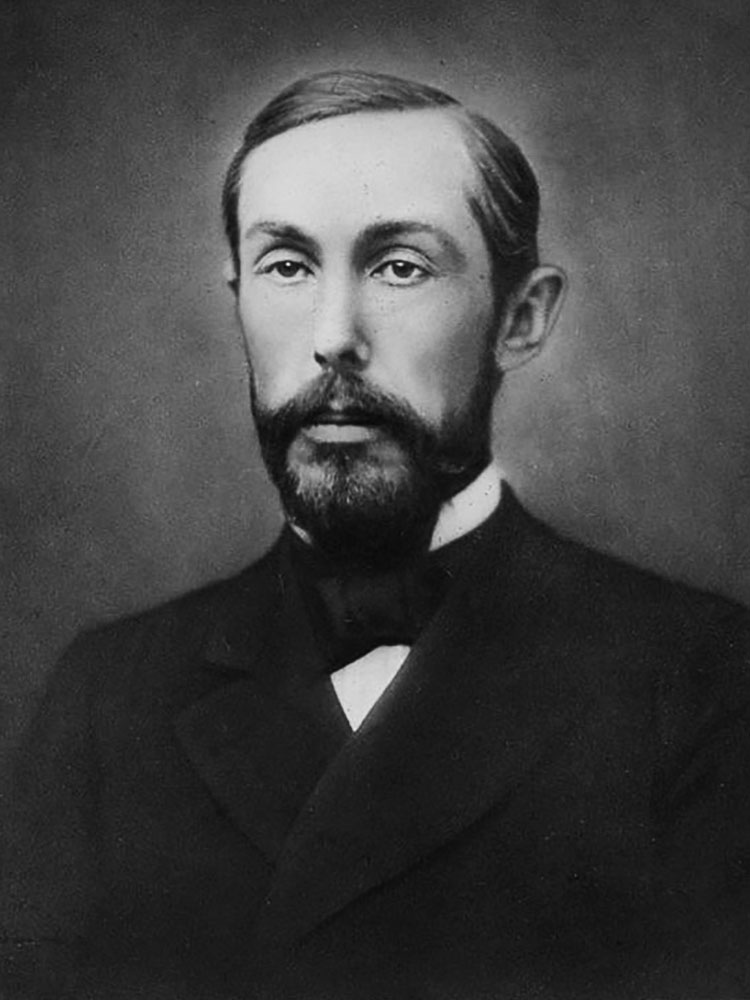
Chancellorship Dates
January 1, 1884 - July 1, 1888
DEGREES
- A.B., Iowa College (Grinnell), 1869
- Ph.D., Yale University, 1872
- Honorary LL.D., Iowa College (Grinnell), 1886
- orary LL.D., University of Nebraska, 1902
BORN
February 17, 1845 - Millersburg, Ohio
DIED
February 14, 1915 - Providence, Rhode Island
INTERMENT
Swan Point Cemetery, Providence, Rhode Island
SOURCES
James Irving Manatt was a professor of Greek at Marietta College in Marietta, Ohio when he was contacted by a friend on the Nebraska faculty in November 1882 about the recently-vacated chancellorship in Lincoln. The process would take more than a year from that letter, but Manatt stepped off the train in Lincoln and into the position of chancellor at the University of Nebraska on the first day of 1884.
The University of Nebraska was a fact – it existed, and that was in itself an accomplishment. Enrollment had plateaued as it reached the end of its first decade at around 250 students in total. After Fairfield's dismissal, the university had operated under acting chancellor Henry E. Hitchcock. Hitchcock was in effect a placeholder, as was the university itself. It was sleepy but poised for greater things.
By this time, the other major element in university leadership, the Board of Regents, had come under the leadership of Charles H. Gere. The influential Gere was publisher of the Lincoln Journal newspaper. By the time of Manatt's arrival, Gere had moved the Board of Regents toward a more ambitious posture. Major new investments in buildings were planned: a chemistry laboratory, which would become Pharmacy Hall, Grant Memorial Hall, an armory and gymnasium, and Nebraska Hall.* With help from Gere, Manatt moved the university forward, with ambition and in fact, during his tenure.
Manatt appointed several prominent faculty members during his term including botanist Charles Bessey, chemist Rachel Lloyd, and physicist D.B. Brace, among others.
In some ways reminiscent of Fairfield, Manatt—a strict moralist who was once accused by an Omaha newspaper of monitoring the churchgoing habits of the aforementioned Lloyd—was temperamentally ill-fit for the emerging egalitarianism of the young university. By 1888, after a series of missteps, his authority was routinely thwarted. In the July Board of Regents meeting that year, he was dismissed and replaced by Charles E. Bessey.
*The 1887 Nebraska Hall was the first campus building to be so named. It is not to be confused today's Nebraska Hall, the former Elgin National Watch Company factory on North 17th St.